‘Carlo Scarpa: The Complete Buildings’ is an essential tour of the Italian master’s works
‘Carlo Scarpa: The Complete Buildings’ is the perfect book for architecture enthusiasts
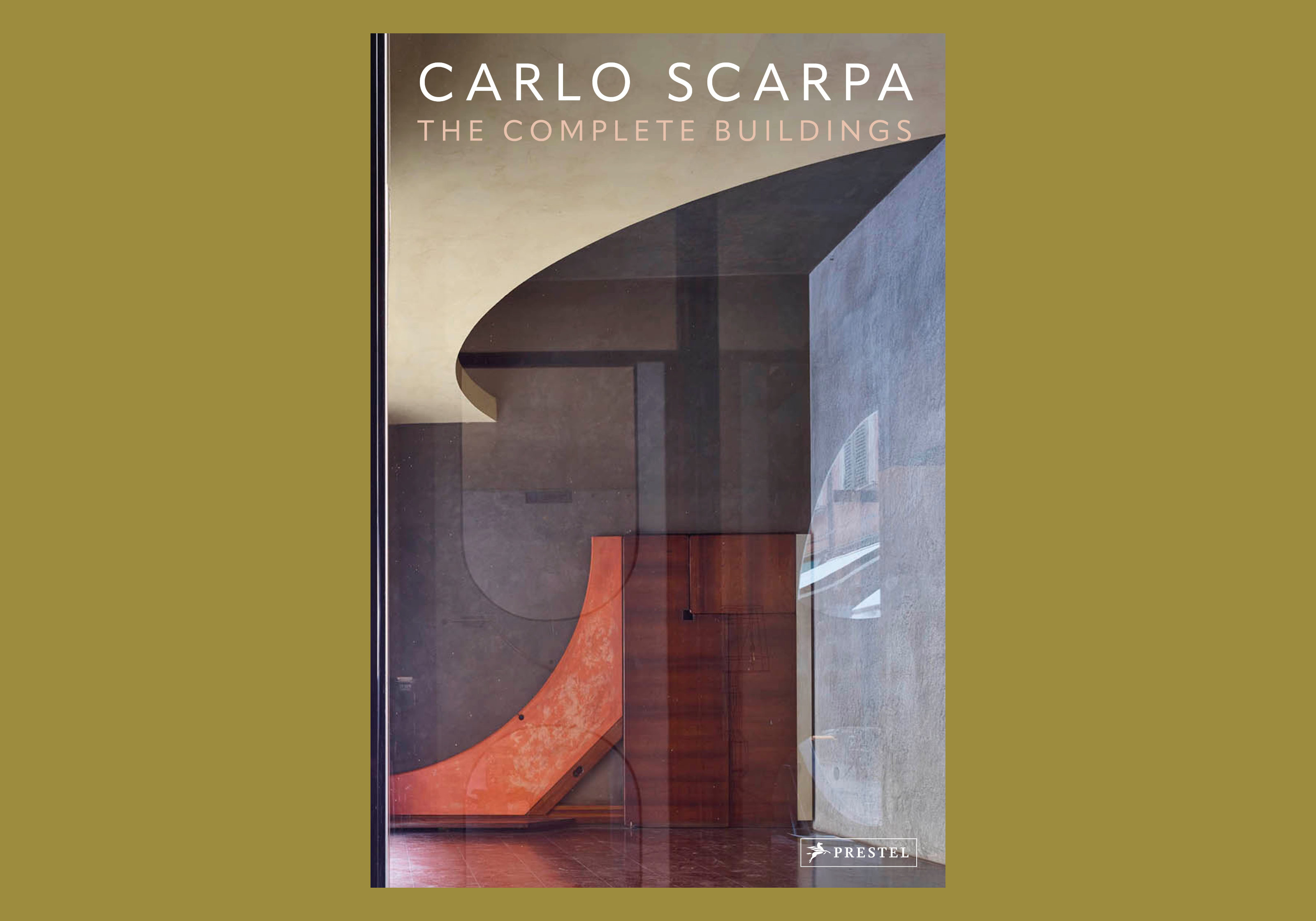
Even before getting their hands on Carlo Scarpa: The Complete Buildings, the Italian master architect's work should be familiar to Wallpaper* readers. From masterpieces like the Brion-Vega Cemetery in San Vito d'Altivole, near Treviso, to smaller works like the Olivetti Showroom in St Mark’s Square, Venice, everything Carlo Scarpa touched had a diversity of form, materiality and invention that synthesised both old and new and craft and technology. This publication, a notable new architecture book for 2024, explores all these themes, and more.
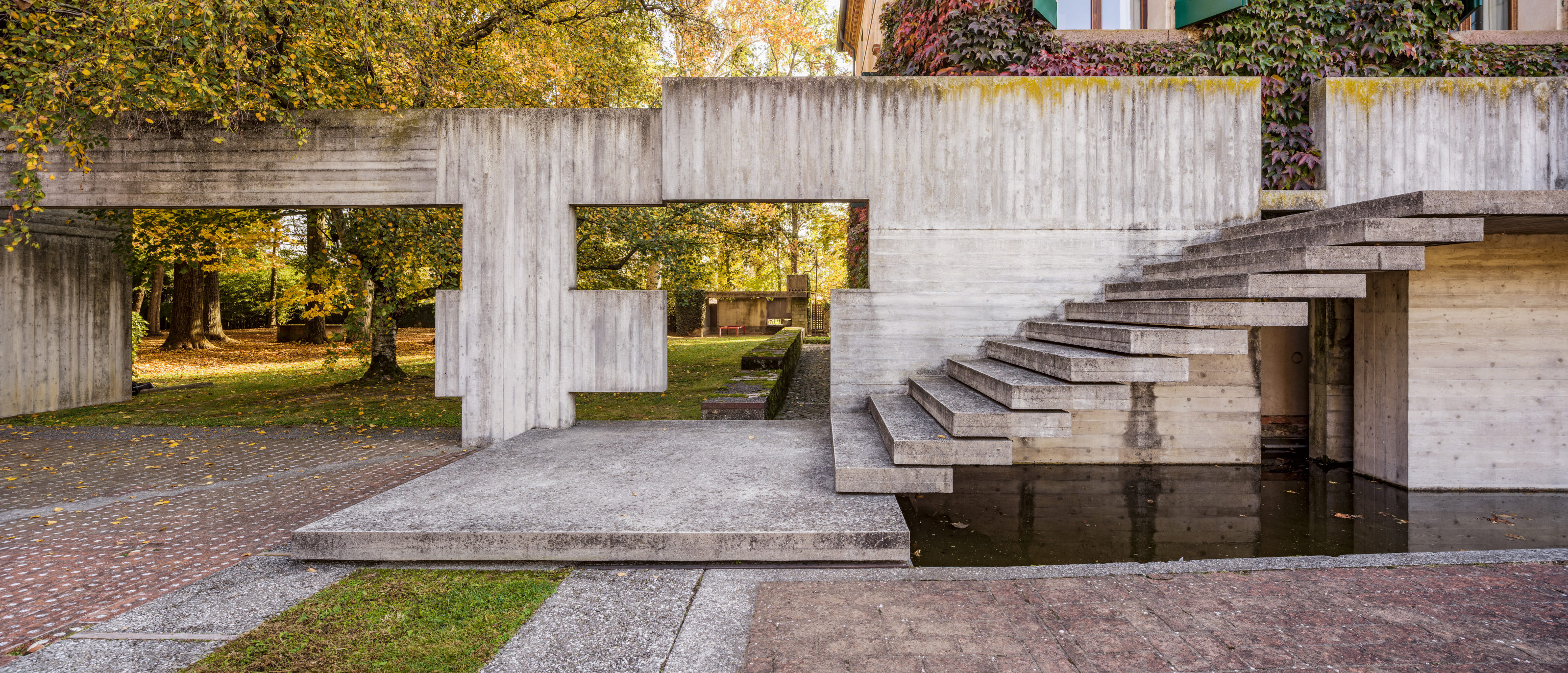
Additions to the Villa il Palazzetto, Monselice, Padua, Italy, 1971–78
Flicking through ‘Carlo Scarpa: The Complete Buildings’
Born in 1906, Scarpa worked across a wide range of scales, from shop-fitting to furniture, mausoleums to expansive restorations and extensions. His wasn’t an especially high-profile career, and at the time of his death in 1978, Scarpa had been substantially forgotten. Only the most acutely aware architects had come to appreciate Scarpa’s distinctly uncategorisable path between the frequently warring factions of modernism, post-modernism and traditionalism.
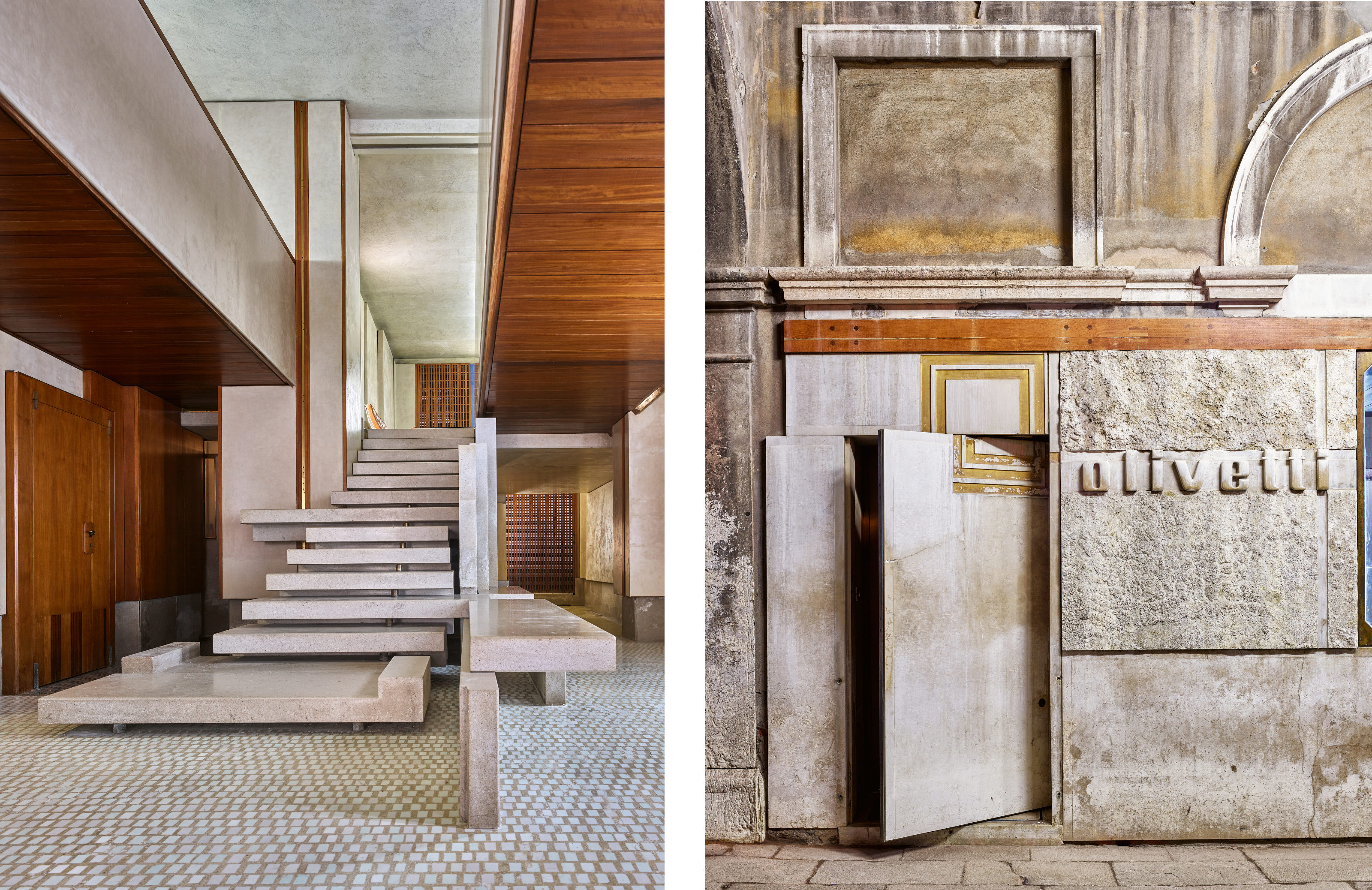
Olivetti Showroom, Venice, Italy,1957–58
The Complete Buildings shows why this quiet veneration has evolved into full-blown obsession in modern times. From his seamless work in ancient cities like Venice, to his appreciation and collaboration with traditional artisans, and knowledge of far-flung craft and design traditions, particularly Japan, Scarpa continues to have an influence on everything from contemporary art to the work of current architecture and interiors.
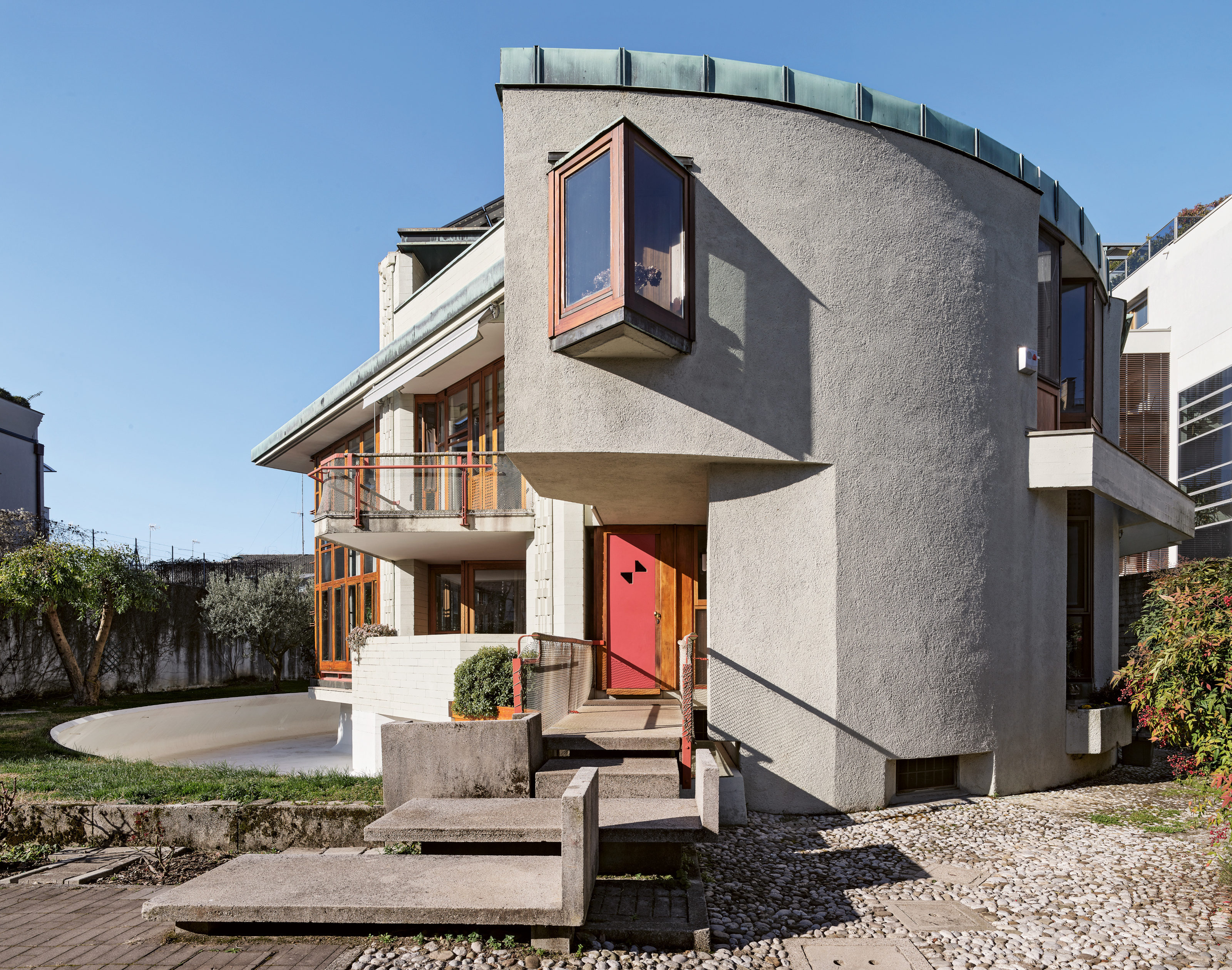
Villa Veritti, Udine, Italy, 1955–61
The photography is by Cemal Emden, an architect who brings a trained eye to this portfolio, just as he did with earlier monographs on Louis Kahn and Le Corbusier. Over 200 images chronicle the extent of Scarpa’s surviving work, all of which is in Italy. Emden’s camera is especially focused on the architect’s remarkable detail design, the way different materials, textures and even eras were combined to make an ever richer whole.
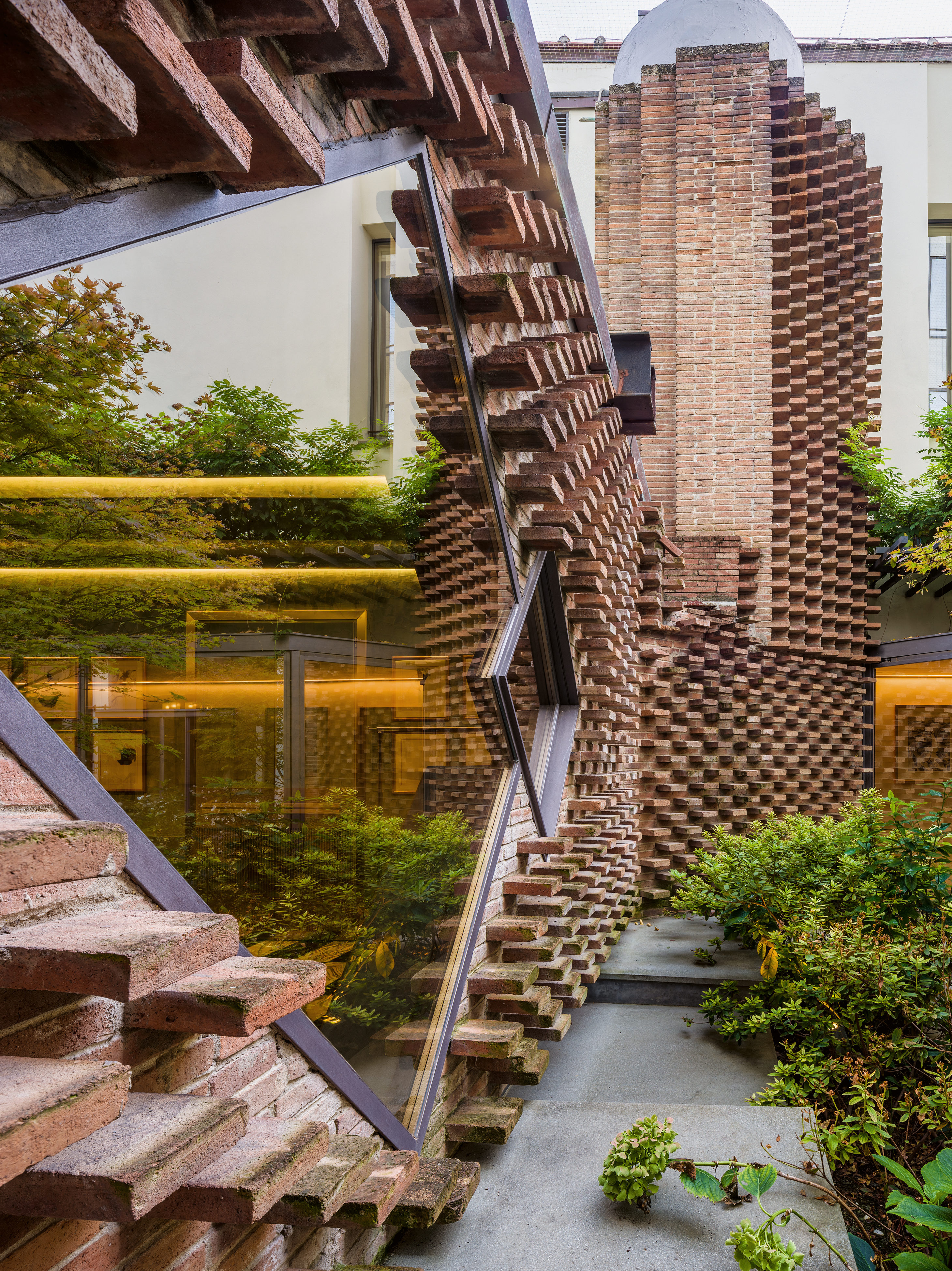
Courtyard Grand Hotel Minerva, Florence,Italy, 1958–61. Carlo Scarpa with Edoardo Detti
Scarpa’s design legacy is continued by his son Tobia Scarpa, but it is also an increasingly powerful influence on contemporary practice. With skilful refurbishment becoming an ever more important part of modern architectural practice, this essential monograph shows us a bold and creative way forwards.
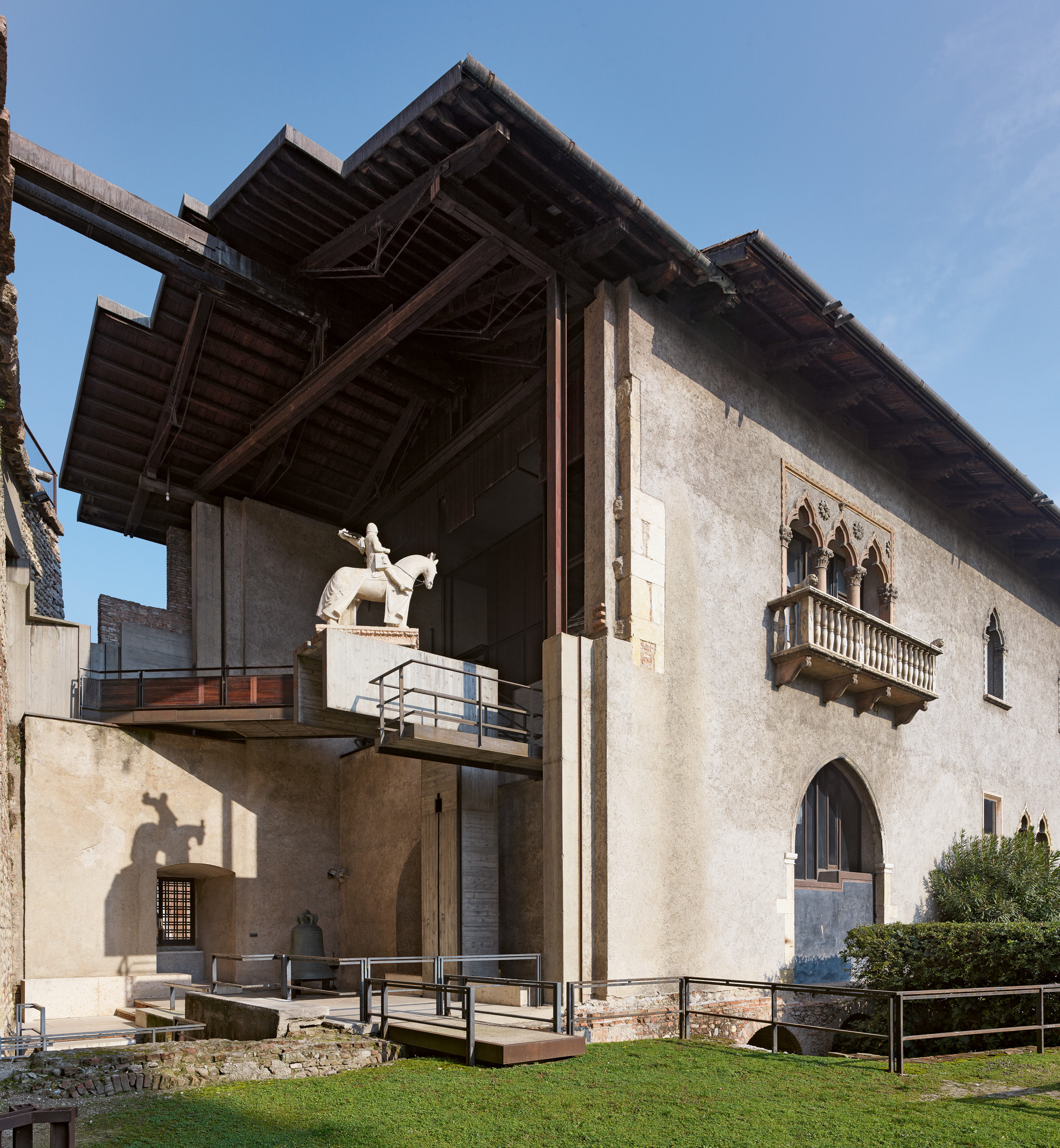
Museo di Castelvecchio, Verona, Italy, 1957–64; 1967–75
'Carlo Scarpa: The Complete Buildings,' photography by Cemal Emden, edited by Emiliano Bugatti with texts by Jale N. Erzen
Prestel Publishing, RRP £50, Amazon.co.uk
Receive our daily digest of inspiration, escapism and design stories from around the world direct to your inbox.
Jonathan Bell has written for Wallpaper* magazine since 1999, covering everything from architecture and transport design to books, tech and graphic design. He is now the magazine’s Transport and Technology Editor. Jonathan has written and edited 15 books, including Concept Car Design, 21st Century House, and The New Modern House. He is also the host of Wallpaper’s first podcast.